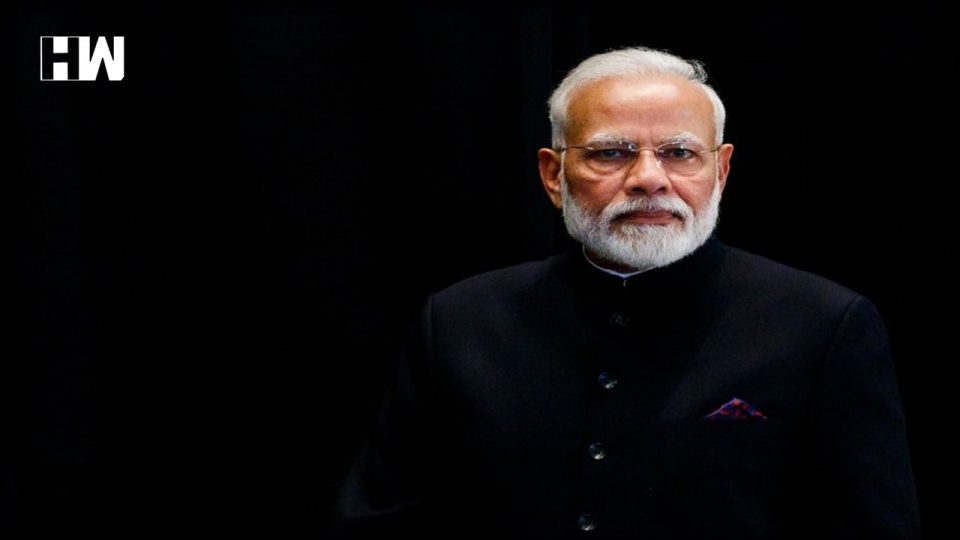Though the magazine has earlier featured the Indian Prime Minister in 2014, 2015, 2017 on the list, what stood out this year is the essay written on him by Karl Vick, who’s a TIME editor at large.
Indian Prime Minister Narendra Modi has been once again listed among the most infleuntial leaders in Time 100 list. Though the magazine has earlier featured the Indian Prime Minister in 2014, 2015, 2017 on the list, what stood out this year is the essay written on him by Karl Vick, who’s a TIME editor at large.
Vick starts his essay highlighting importance of the rights in a democracy and how India has maintained the communal harmony despite the diversity for 70 years of independence.
“The key to democracy is not, in fact, free elections. Those only tell who got the most votes. More important is the rights of those who did not vote for the winner. India has been the world’s largest democracy for more than seven decades. Its population of 1.3 billion includes Christians, Muslims, Sikhs, Buddhists, Jains and other religious sects. All have abided in India, which the Dalai Lama (who has spent most of his life in refuge there) has lauded as “an example of harmony and stability,” Vick wrote.
“Narendra Modi has brought all that into doubt,” the essay further reads.
Vick further adds how Prime Minister Modi has indulged in majoritarianism, while his party rejected pluralism.
“Though almost all of India’s Prime Ministers have come from the nearly 80% of the population that is Hindu, only Modi has governed as if no one else matters. First elected on a populist promise of empowerment, his Hindu-nationalist Bharatiya Janata Party rejected not only elitism but also pluralism, specifically targeting India’s Muslims. The crucible of the pandemic became a pretense for stifling dissent. And the world’s most vibrant democracy fell deeper into shadow.”
As an independent media platform, we do not take advertisements from governments and corporate houses. It is you, our readers, who have supported us on our journey to do honest and unbiased journalism. Please contribute, so that we can continue to do the same in future.

